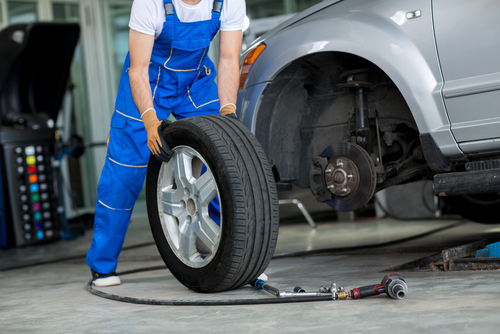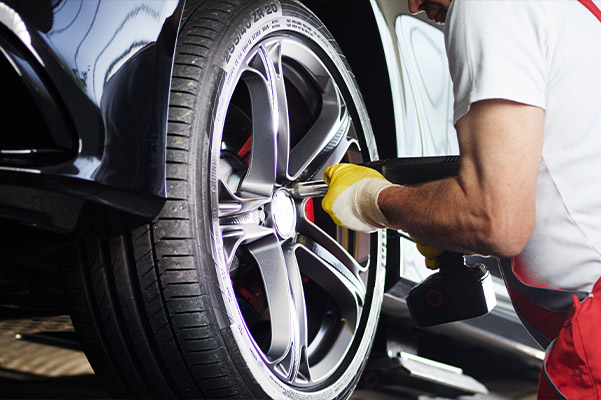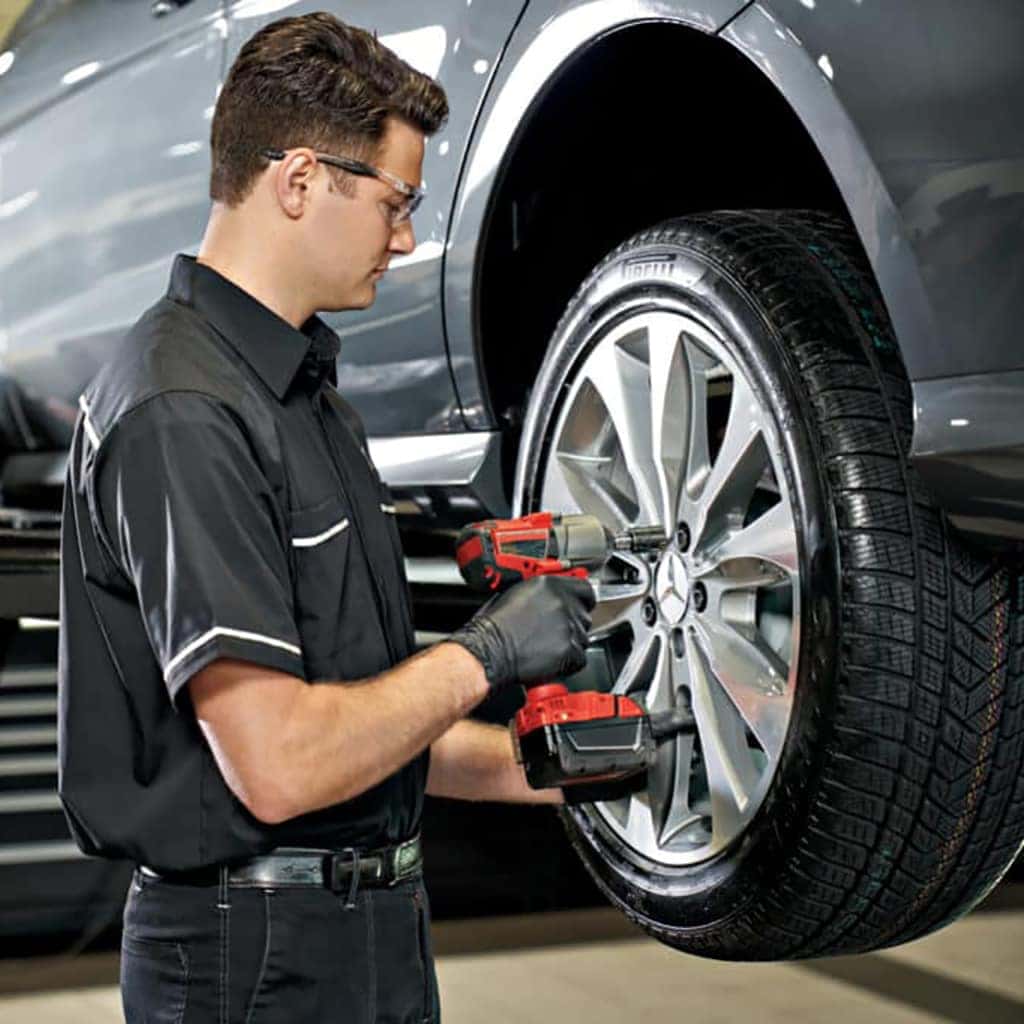Unlock Performance: Professional GMC Tire Service at Morris Tires
Tire Service: The Effect of Weather
When it comes to making certain optimal performance and security on the roadway, understanding the effect of weather problems on tire solution is important. GMC Tire Service. In this conversation, we will discover the detailed partnership between climate conditions and tire service, dropping light on the importance of weather-specific tire upkeep techniques and factors to consider.
Heat and Tire Efficiency
When exposed to heats, tires experience changes in performance that can significantly impact car safety and handling. The warm produced from long term driving or heat problems triggers the tire rubber to soften, bring about decreased tread life and increased wear. As the rubber comes to be softer, the tire's grip on the roadway diminishes, affecting stopping ranges and overall traction. In severe situations, extreme heat can even trigger tire blowouts, posturing an extreme security danger to the vehicle and its passengers.

Winter Results
Cold weather problems can have a substantial impact on tire efficiency and safety. In cool weather condition, tires might additionally lose air pressure much more rapidly, which can affect handling and fuel effectiveness.
To minimize the effects of winter on tires, it is vital to routinely check tire stress and inflate them to the manufacturer's suggested degrees. Making use of winter months or all-season tires designed for cool weather problems can also enhance grip and hold on icy or snowy roads. Correct tire maintenance, including regular assessments for wear and damages, becomes even much more vital during colder months to make certain optimal performance and safety and security.
Rainy Conditions Influence
Tires with damaged footsteps are much more vulnerable to hydroplaning, where a layer of water constructs up in between the road and the tire surface area, leading to loss of grip. To battle this, vehicle drivers need to regularly inspect their tires for sufficient step depth and take into consideration investing in tires specifically made for damp conditions.
In addition, wet weather condition can additionally lower visibility, making it testing for drivers to see the road in advance clearly (GMC Tire Service). In such conditions, it is necessary to readjust driving rates appropriately and maintain a secure complying with distance to permit abrupt stops. Correctly filled with air tires can also assist in preserving control on damp roads by giving much better handling and grip
Snow and Tire Safety And Security
When driving in snowy problems, having the best tires can make a substantial distinction in safety and performance. Winter months tires are developed with special rubber compounds and walk patterns to give better grip on snow and ice contrasted to all-season tires.

In addition, vehicle drivers need to take into consideration setting up tire chains in severe snowy problems. Tire chains give extra grip by gripping the snow and ice, enhancing security and control. It is important to adhere to manufacturer guidelines when mounting and making use of tire chains to protect against damages to the tires and vehicle (GMC Tire Service). By choosing the appropriate tires, preserving correct inflation, and thinking about additional grip aids like tire chains, vehicle drivers can boost their security when navigating snow-covered roadways.
Weather-Related Tire Maintenance
When faced with numerous climate conditions, correct tire upkeep ends up being an important aspect of car security and efficiency. Weather-related tire upkeep includes a variety of practices aimed at making certain ideal tire feature and long life in various weather circumstances. One vital element of weather-related tire upkeep is tire stress guideline. Varying temperatures can trigger tire pressure to vary, impacting traction and gas effectiveness. Regularly readjusting and inspecting tire pressure according to producer suggestions is necessary for secure driving in altering weather. In addition, tire step deepness plays a substantial role in investigate this site dealing with different weather elements. Tires with sufficient step deepness give much better hold on Homepage damp or icy roads, decreasing the threat of hydroplaning or skidding. Checking tire tread consistently and changing tires when walk wear gets to a specific depth is important for preserving traction and security in unfavorable climate. By prioritizing weather-related tire maintenance, vehicle drivers can improve security, improve lorry efficiency, and prolong the life expectancy of their tires.
Verdict
In verdict, weather have a significant effect on tire performance and safety. From warmth influencing tire pressure and put on to chilly climate reducing grip, it is crucial to think about the weather when preserving and making use of tires. Rainy problems can lower grasp and result in hydroplaning, while snow can increase the threat of accidents if tires are not properly equipped. Weather-related tire upkeep is important in making certain optimum performance and security when driving.
In this discussion, we will certainly discover the intricate relationship between climate conditions and tire Continue service, shedding light on the importance of weather-specific tire maintenance techniques and considerations.
